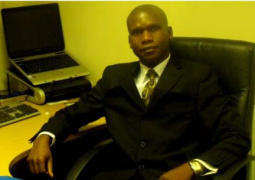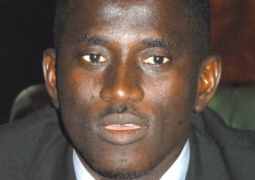The effects on people, particularly the poor, are severe. Farmers, fishermen and town dwellers are vulnerable to these changes in their life patterns. As yields drop, people need other sources of income to meet their basic needs. A warmer climate increases the risk of vector-borne diseases such as malaria.
Economic necessity and competition for resources are already resulting in mass movement of people within countries and across borders, heightened social tension and, in many cases, violence.
African leaders should endeavour to craft a response to climate change as it cannot be treated as a sectoral issue. It is fundamental to the success of economic growth and achievement of the Millennium Development Goals, as well as our national blueprints.
African governments need to decide how they will adapt their economies and protect their people, and set out what they expect the international community to do to support them.
Firstly, they need to take the lead in crafting development strategies that adapt to climate change as well as invest in infrastructure and clean energy. Perhaps, they also need to consider finding lasting solution of shifting to alternative sources of energy that wouldn't do more harm to the environment.
Secondly, international organisations, including the African Development Bank, regional economic commissions, UN and Bretton Woods institutions, need the funds, leadership and technical competence to support governments in responding to climate change.
The importance of the climate change summit in




